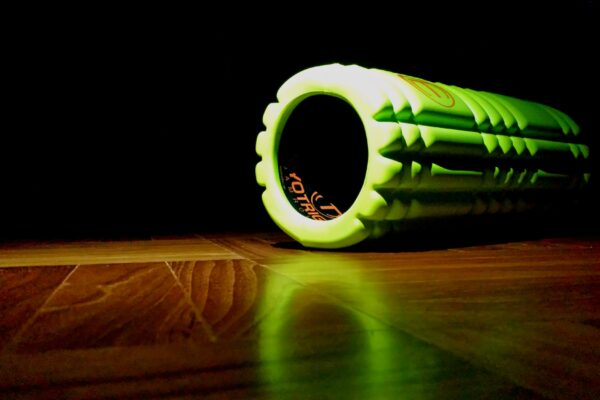I previously wrote an article for this newsletter about the benefit of journaling as a part of your diet and fitness routine. Journaling works because knowing you’re going to record your habits holds you accountable for your choices, therefore motivating you to stay on track. More importantly, journaling helps you get a more realistic view of your habits and your progress. A lot of times we aren’t paying attention to what we’re really eating on a daily basis. There is enough of a disparity between the calories we think we’re consuming or burning and what we actually are to keep us from achieving our goals. Journaling is important, no doubt, but it isn’t exactly fun. Not to worry. The past year has marked an explosion of technology aimed at helping you reach and maintain your health goals, and it’s so easy and entertaining, you might even be motivated to use it!
By now you’ve most likely seen someone or know someone who is using a fitness tracker. Wondering what all the hype is about? At their most basic, fitness trackers are wearable technology that collects and analyzes information about your body and your behavior. Because you don’t have to manually enter a lot of the information, they require less effort than journaling. Fitness trackers can also be much more accurate than manually recording, because let’s face it, we’re human, and sometimes we get busy or lazy and we end up “guesstimating”. Fitness trackers are also capable of a lot more than you might think. They can constantly measure things that we could never measure ordinarily. For example, some trackers can sense the temperature of your skin and how much you sweat, to know how hard you’re really working. Some trackers can give you information about your sleeping habits, like when you toss and turn, and how deeply you sleep each night. And fitness trackers don’t only record information, some will help motivate you and even expand your knowledge by sending you reminders and suggestions about new things you can incorporate based on what you’re already doing.
There has been a lot of recent buzz about whether fitness trackers are accurate, and yes, it’s true, there is a margin of error involved, and not all products are equally accurate. A study published in the Official Journal of the American College of Sports Medicine, which assessed the validity of 8 popular devices, found that depending on the tracker, the percent of error ranged from 9.35 up to 23.5%1. It also appears that fitness trackers are more accurate at measuring some types of activities than others. A study of 5 popular products sponsored by the American Council on Exercise suggests that fitness trackers are more accurate at measuring traditional, low-intensity activities, like for example, measuring steps, and less accurate at measuring short and quick steps used in activities like agility drills or sports-related movement. Overall they recommend that you choose a fitness tracker that accurately records the type of information you are interested in recording, and the types of activities you participate in2.
Fitness trackers aren’t going to run the mile for you, or convince you to put down that chocolate chip cookie, but they can give you a far more comprehensive look at your health than you’re going to get without them, and the more information you have, the more empowered you’ll be. When adopting healthy behaviors, we need all the support and motivation we can get, and a fitness tracker may be that sleek and innovative tool that makes 2015 your best year yet.
Resources
http://journals.lww.com/acsm-msse/Citation/2014/09000/ Validity_of_Consumer_Based_Physical_Activity.20.aspx
https://www.acefitness.org/prosourcearticle/5216/ace-sponsored-research-are-activity-trackers
About the Author
Katrina received her Bachelor of Science degree in Kinesiology and is a certified personal trainer through the American College of Sports Medicine. Katrina worked as a personal trainer for several years while putting herself through college. In addition to her 16 years experience in the health club and fitness industry and nine years experience in management and supervision, Katrina has competed in several sports including basketball, track & field, softball, and soccer at the collegiate level.



